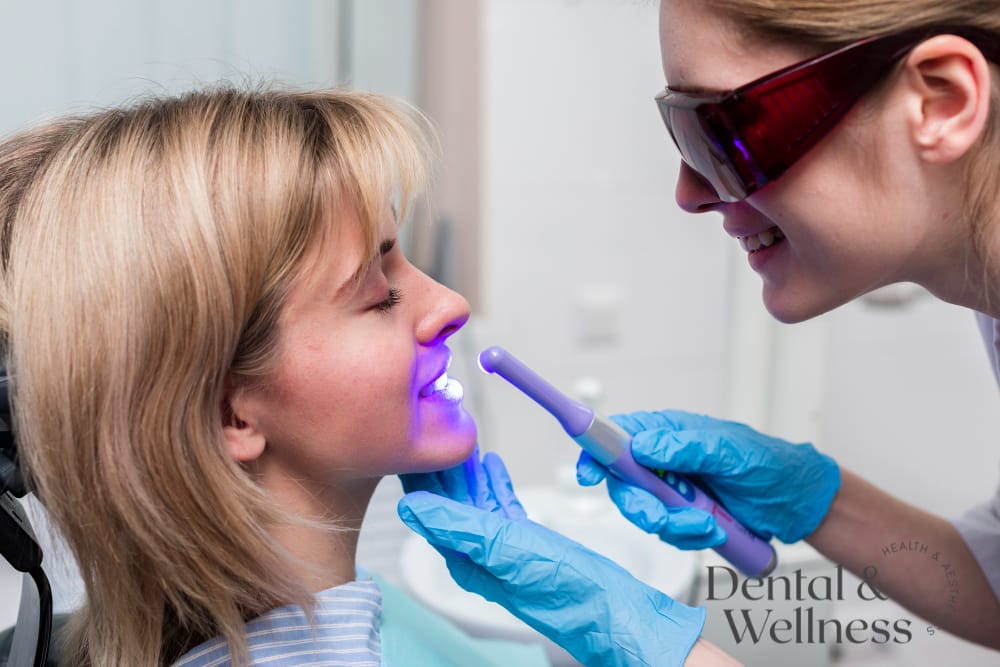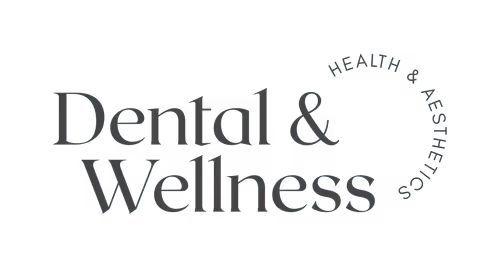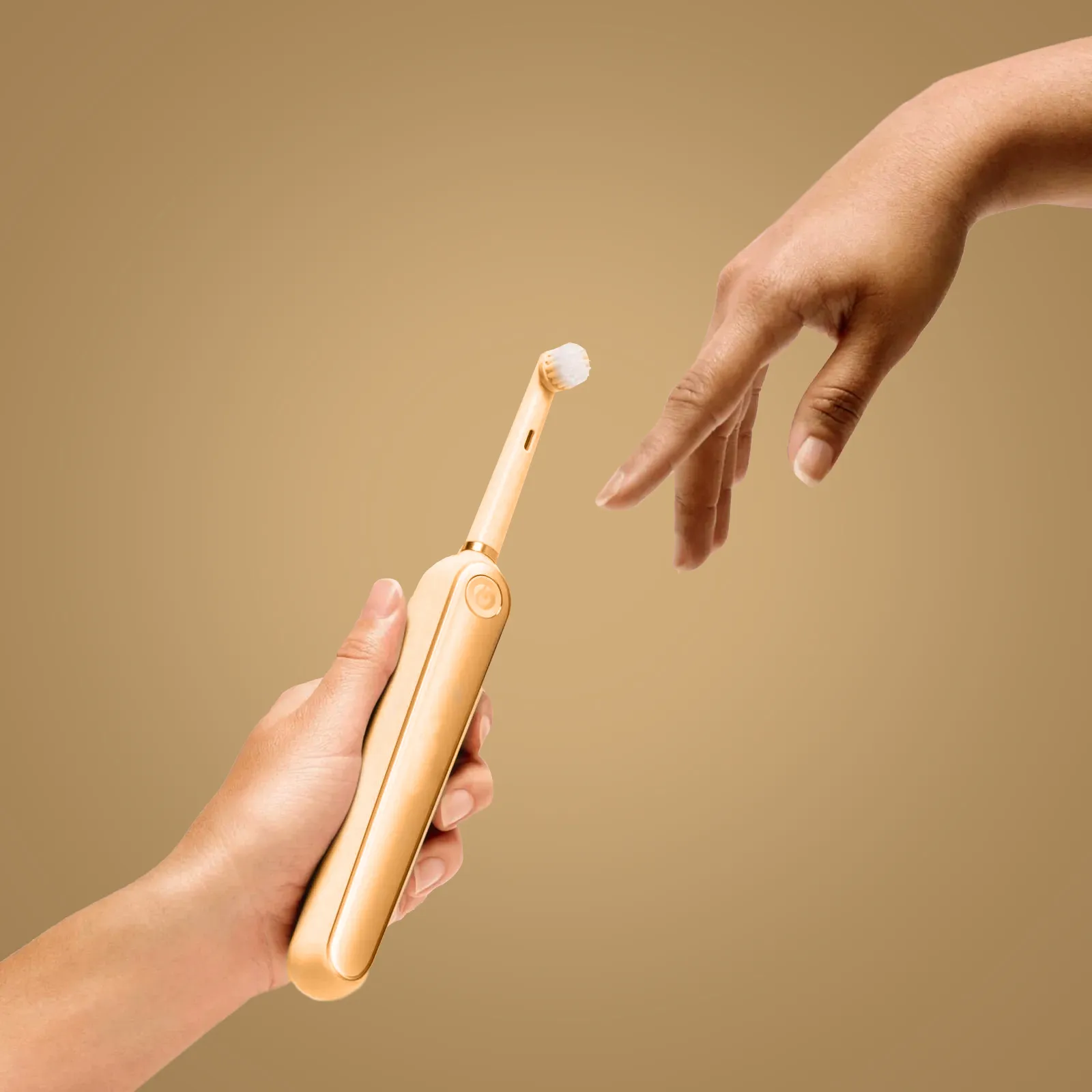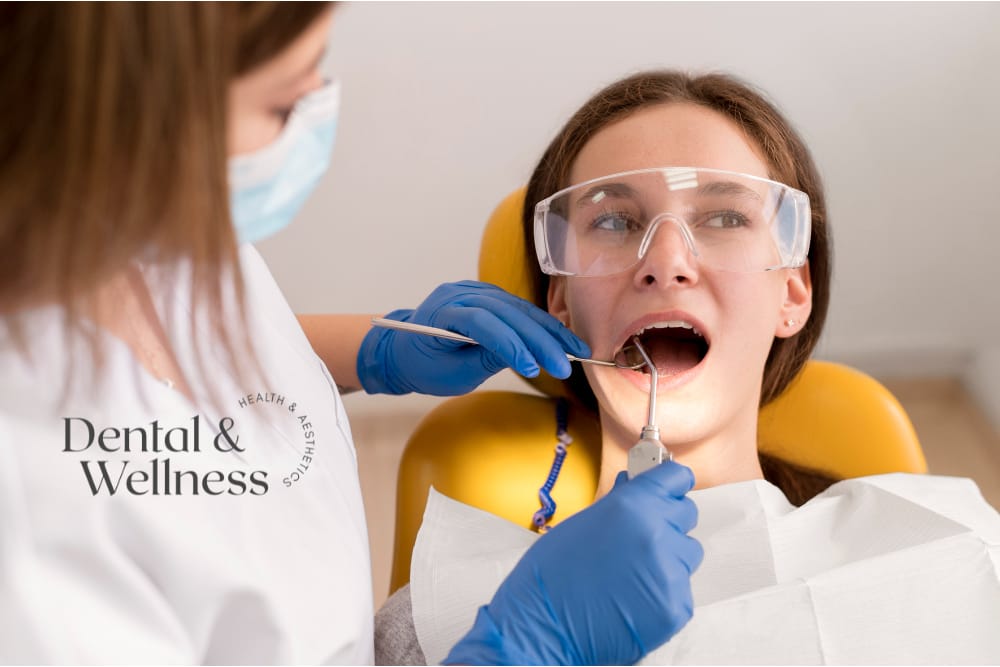Dental stains are areas of discolouration that make teeth look dull.
- There are three types of stains: extrinsic stains, intrinsic stains, and age-related stains.
- Superficial, recent stains can be managed at home by brushing and flossing daily, using whitening toothpaste, oil pulling using coconut oil, and eating crunchy fruits and vegetables.
- Professional treatment for tougher stains includes scaling and polishing, in-office or dentist-supervised take-home whitening treatments, and in severe cases, dental bonding or veneers.
- Prevent future stains by limiting staining beverages, avoiding tobacco and areca nut chewing, drinking plenty of water, rinsing the mouth after meals, and maintaining regular dental check-ups.
What are Dental Stains?
Dental stains are areas of discolouration that can make teeth look dull or less bright than you’d like. These stains often build up gradually, usually because of everyday habits such as drinking coffee, tea, or soft drinks, or eating foods that leave behind colour. Over time, smoking and ageing can add to the problem, making the discolouration more noticeable. The good part is that teeth stains are generally not permanent.
This guide will take a closer look at the different types of teeth stains and share simple home tips and effective professional treatments to help you achieve a brighter smile.
Different Types of Teeth Stains
At Dental & Wellness London, our specialists classify teeth stains into three distinct types:
- Extrinsic Stains
These stains are mostly found on the outer surface of the teeth (enamel). They are commonly caused by excessive intake of tea, coffee, and red wine, as well as habits such as frequent tobacco use. Since they do not affect the inner tooth structure, such as the dentin, they are generally easier to remove.
- Intrinsic Stains
Intrinsic stain affects the inner structure of the tooth (dentin). These stains are caused by increased intake of fluoride, trauma to the tooth, tooth development disorder, and also due to side effects of a few medications, such as Tetracyclines (antibiotics). These stains are very difficult to treat and cannot be removed with brushing and other home remedies alone. A visit to a professional is recommended for getting rid of these intrinsic stains.
- Age-Related Stains
As we age, the enamel gradually wears down and becomes thinner, making the yellowish dentin beneath more visible. Ageing also causes the dentin to darken. These types of stains are deeper and typically require professional whitening treatments for effective removal.
How Are Teeth Stains Treated?
The treatment of dental stains depends on the type of stain and the causative factor. A few methods to remove teeth stains are:
Simple Home Tips
If the stains are very superficial and recently developed, then simple home remedies can help to get rid of such stains:
- Maintain good oral health by brushing twice regularly and flossing daily to remove plaque.
- Use a tooth whitening toothpaste that contains mild abrasives and whitening substances such as hydrogen peroxide. Abrasives are rough mineral substances that help to remove buildup. Hydrogen peroxide contains active oxygen, which penetrates inside the tooth to remove deep stains.
- Swishing a spoon of coconut oil in your mouth for 10-15 minutes may help remove surface debris and bacteria.
- Eat crunchy fruits and vegetables. Apples, carrots, and celery act as natural scrubbers, gently cleaning the surface of the teeth.

Professional Management of Tooth Stains
It is not possible to get rid of some stains with home remedies. Such stains can be treated using professional methods, as outlined below:
- Scaling and Polishing of the Tooth: It involves removing hardened plaque (tartar) and debris from the teeth and under the gums through scaling, followed by polishing the tooth surfaces to smooth them, eliminate stains, and help reduce future plaque buildup.
- Professional Tooth Whitening Treatment: This treatment uses a stronger bleaching agent to lighten teeth by several shades. Options consist of in-office whitening, performed by a dentist, or customised take-home kits that are used under professional supervision.
In severe cases, dentists may recommend restorative options like dental bonding (applying tooth-coloured resin) or veneers for covering the tooth surface.

Tips to Prevent Future Teeth Stains
To prevent new stains from forming, it helps to adopt a few simple daily habits:
- Limit intake of beverages that can stain your teeth, including tea, coffee, red wine, and fizzy drinks.
- Quit habits like tobacco consumption and areca nut chewing. It is one of the most common causes of tough stains.
- Drinking enough water not only prevents dry mouth but also helps wash away particles that could stain teeth.
- Wash your mouth with water after drinking tea, coffee, or red wine to reduce the chance of pigments sticking to the teeth.
- Get regular dental check-ups. Professional dental cleaning every six months removes plaque and surface stains that home care cannot fully eliminate.
Conclusion
Dental stains are a common issue, but in most cases, they can be treated effectively. With the right lifestyle, mindful eating, and professional treatments, one can enjoy a whiter, healthier smile. Whether your teeth stains are mild or more stubborn, your dentist can recommend the best solution tailored to your needs.
If you are concerned about your tooth stains and are looking for professional teeth whitening in Islington, our professional experts at Dental & Wellness London are here to help. At our trusted dental clinic in Islington, London, we use professional-grade whitening products to help you achieve a noticeably whiter smile.
To schedule an appointment, you can book online or contact us today at 02081274567. You can also visit us at 222 Essex Rd, London N1 3AP, United Kingdom.
FAQs
How to get rid of stains on teeth?
To get rid of teeth stains, you can start with good oral hygiene, whitening toothpaste, and avoiding stain-causing foods. For deeper or stubborn stains, professional cleaning or whitening treatments may be required.
Does green tea stain teeth?
Yes. Although green tea is often healthier than black tea, it still contains tannins that can cause yellowish stains on teeth over time.
Are teeth stains permanent?
Not all stains are permanent. Superficial stains on the tooth surface (extrinsic stains) can often be removed with proper brushing, professional cleaning, or whitening treatments. Deeper stains (intrinsic stains) may require specialised treatments.
Can home remedies remove teeth stains?
Yes, simple home measures like brushing with whitening toothpaste, oil pulling, or using hydrogen peroxide-based rinses can help reduce minor surface stains.
Are teeth whitening treatments safe?
When done under professional guidance, whitening treatments are generally safe. However, overuse or improper use of bleaching products can cause tooth sensitivity or gum irritation.













